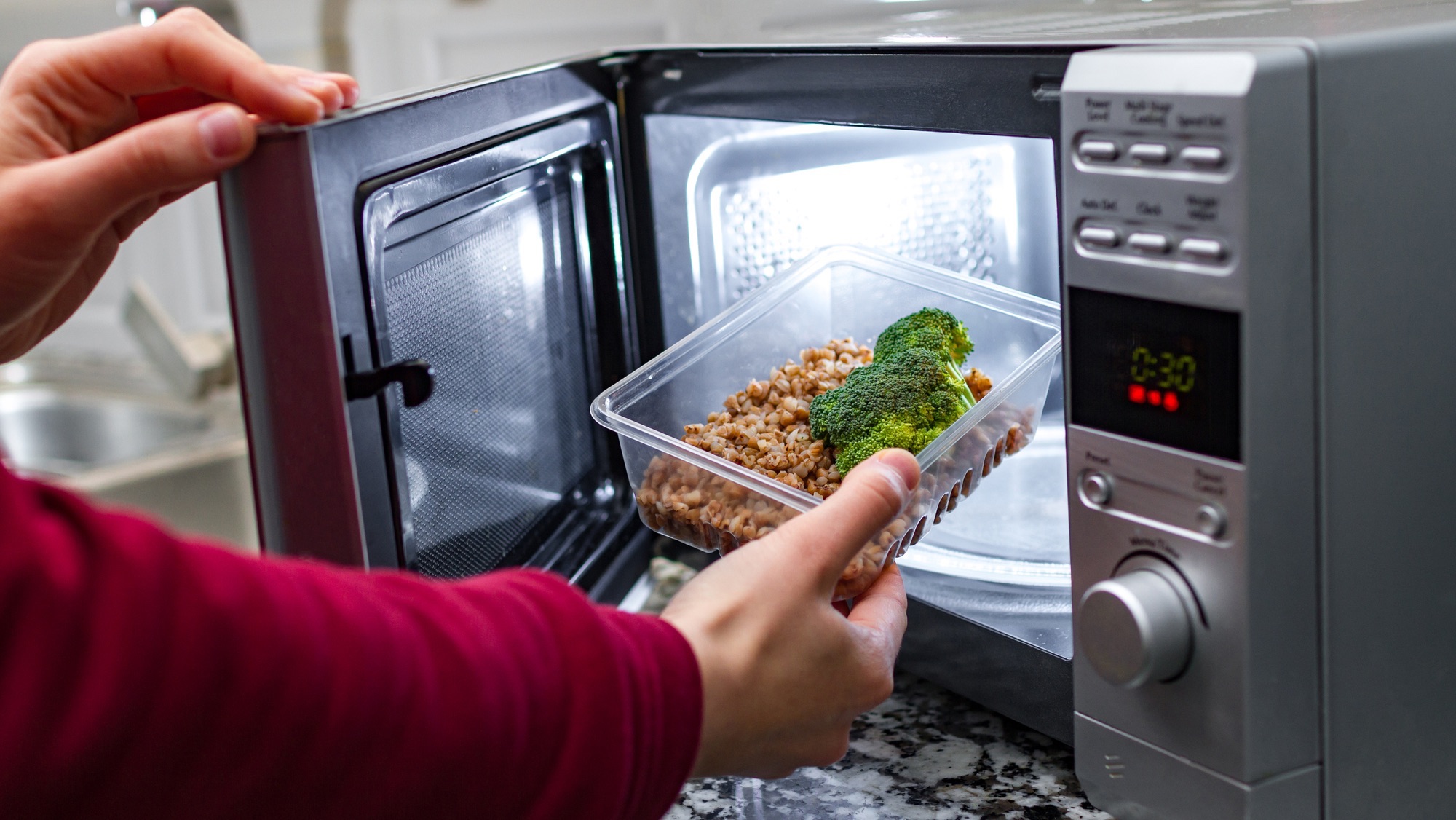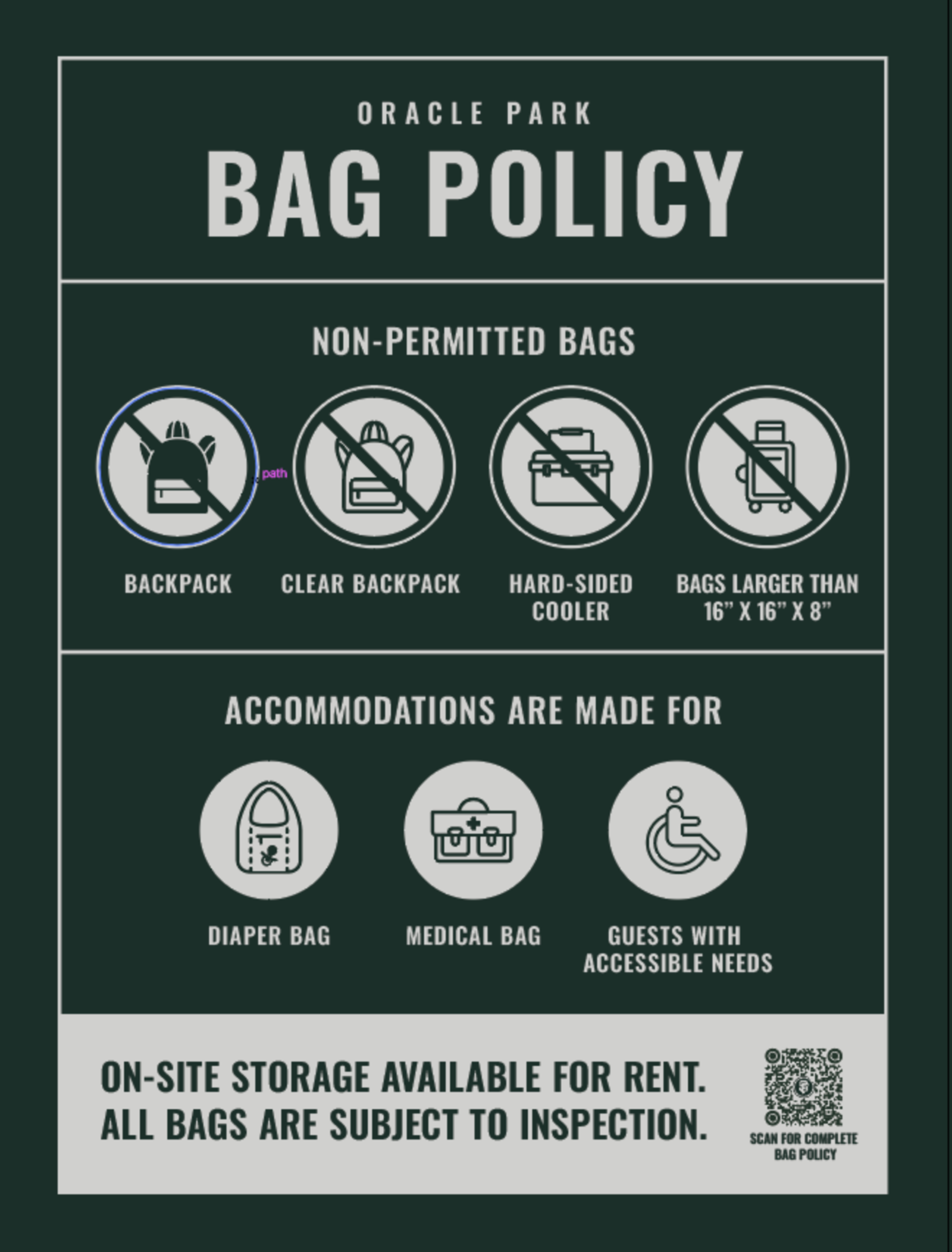Diego Arreola Fernández, an international student from Mexico studying at the University of Toronto, has taken significant strides toward reducing plastic waste in Canada through his innovative project, Garbage-less Groceries. His journey began with a surprising observation: despite Canada’s progressive environmental policies, single-use plastic produce bags remained prevalent in its grocery stores.
A Surprising Discovery

Arreola Fernández, originally from Mexico City, noted the stark contrast during his grocery shopping experiences in Toronto. “It was strange coming to Toronto, where there’s a lot of action and progressive policies in many other environmental areas, but not in this,” he said. This realization motivated him to initiate a project that aimed to tackle the ongoing use of these plastic bags.
As a sustainability activist pursuing a degree in international relations and economics at St. Michael’s College, Arreola Fernández identified the need for change. He pitched his idea to the U of T Trash Team, a community outreach organization focused on environmental issues, composed of students, researchers, and volunteers. The team was established in 2017 under the guidance of Chelsea Rochman, an associate professor in ecology and evolutionary biology.
Launching Garbage-less Groceries

The Garbage-less Groceries initiative was born in 2024 when Arreola Fernández became the pollution prevention project fellow at U of T Trash Team. “The fellowship has been a phenomenal opportunity because it was open to any environmental topic I wanted to focus on,” he remarked.
A crucial component of the project’s success was securing a partnership with Longo’s, a popular grocery chain. Arreola Fernández approached several supermarkets with his proposal, and Longo’s enthusiasm for sustainable practices led them to agree to run pilot projects in two locations—York Mills and Liberty Village.
“Longo’s is already doing a lot in different areas of sustainability, like reducing waste, recycling, and retrofitting their stores,” he explained. Sara Olivieri, a sustainability specialist at Longo’s, echoed this sentiment, stating that the company welcomed opportunities to explore new ways to decrease plastic waste.
Tackling Plastic Waste in Numbers

The pilot project aimed to collect data on the usage of plastic produce bags and implement targeted interventions. The findings were alarming: approximately 2,000 plastic produce bags were used daily in a single grocery store in Toronto, a number that escalates significantly in a city with a population of seven million. Moreover, only three percent of these bags are recycled in Canada, with the majority ending up in landfills or the environment.
To encourage a shift in consumer behavior, Arreola Fernández and the U of T Trash Team developed educational signage about the environmental impact of plastic produce bags. They promoted reusable bags while also decreasing the number of plastic bag dispensers in the participating stores.
Effective Interventions and Results
These efforts yielded promising results. The team observed a notable increase in sales of reusable produce bags when they were strategically placed atop the plastic dispensers alongside informative signage. “A lot of people took them or saw us in the store and asked us about them, which was nice,” Arreola Fernández said, expressing his surprise at the positive response.
One of the most impactful strategies involved reducing the number of produce bag stands, particularly near items like bananas that do not necessitate a bag. This simple intervention made a significant difference in encouraging shoppers to reconsider their use of plastic bags.
Both the U of T Trash Team and Longo’s deemed the pilot project a success, leading to plans for ongoing collaboration. “There is this thought that corporations or businesses might not always be the best allies for environmental, conservation, or sustainability issues,” Arreola Fernández noted. “This project assured me there’s amazing partners and people everywhere, regardless of the type of work we do.”
Continuing Advocacy
Although Arreola Fernández’s fellowship with the U of T Trash Team has concluded, he remains actively engaged in sustainability advocacy. His recent attendance at a United Nations climate change conference in Germany highlights his commitment to raising awareness and pushing for concrete actions against plastic pollution.
“We need more effort in all types of single-use plastics to stop them at the source and find better alternatives,” he stressed, emphasizing the importance of addressing the broader plastic waste crisis.
Meanwhile, the partnership between the U of T Trash Team and Longo’s continues to flourish. To commemorate Earth Day this past April, both organizations participated in a cleanup event at Sir Casimir Gzowski Park Beach, focusing on collecting pre-production plastic pellets that had washed ashore from upstream industrial sources.
Rochman, who leads research on plastic pollution, stated, “Because of that ongoing collaboration, Longo’s was keen to continue working with us, and we were eager to conduct a cleanup that was a little more unique.”
Raising Awareness About Microplastics
The cleanup event served as an eye-opener regarding the lesser-known sources of plastic pollution. Longo’s staff managed to collect 1,725 plastic pellets, shedding light on this often-overlooked issue. Rochman noted, “The cleanup allows people to see the plastic problem in a different way, looking at microplastics versus straws, stir sticks, and bags.”
Through initiatives like Garbage-less Groceries and partnerships with businesses committed to sustainability, advocates like Diego Arreola Fernández are leading the charge toward a future with less plastic waste.
